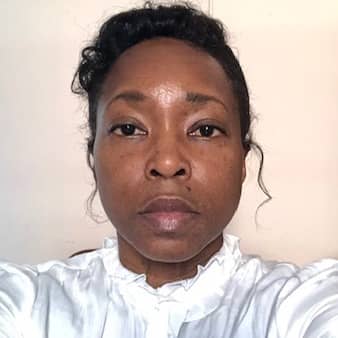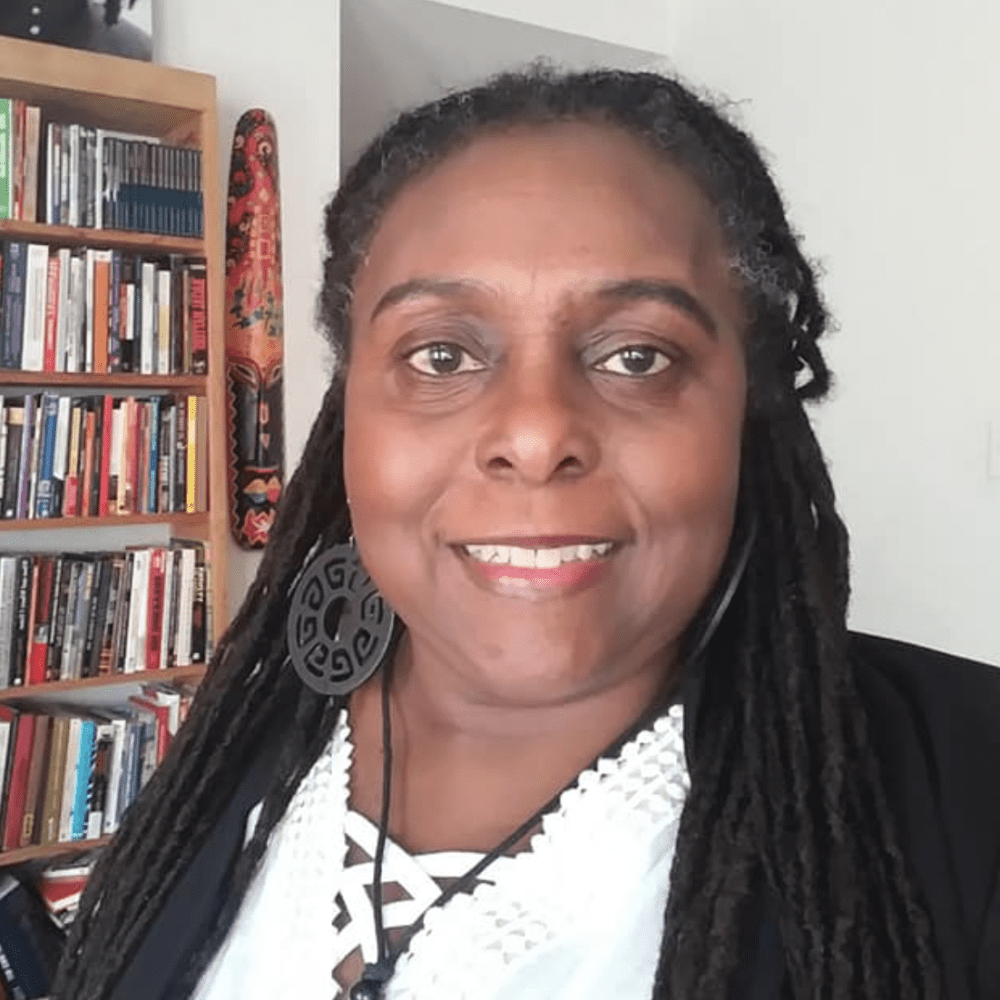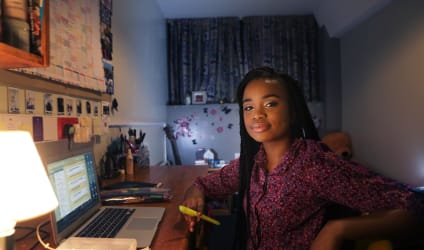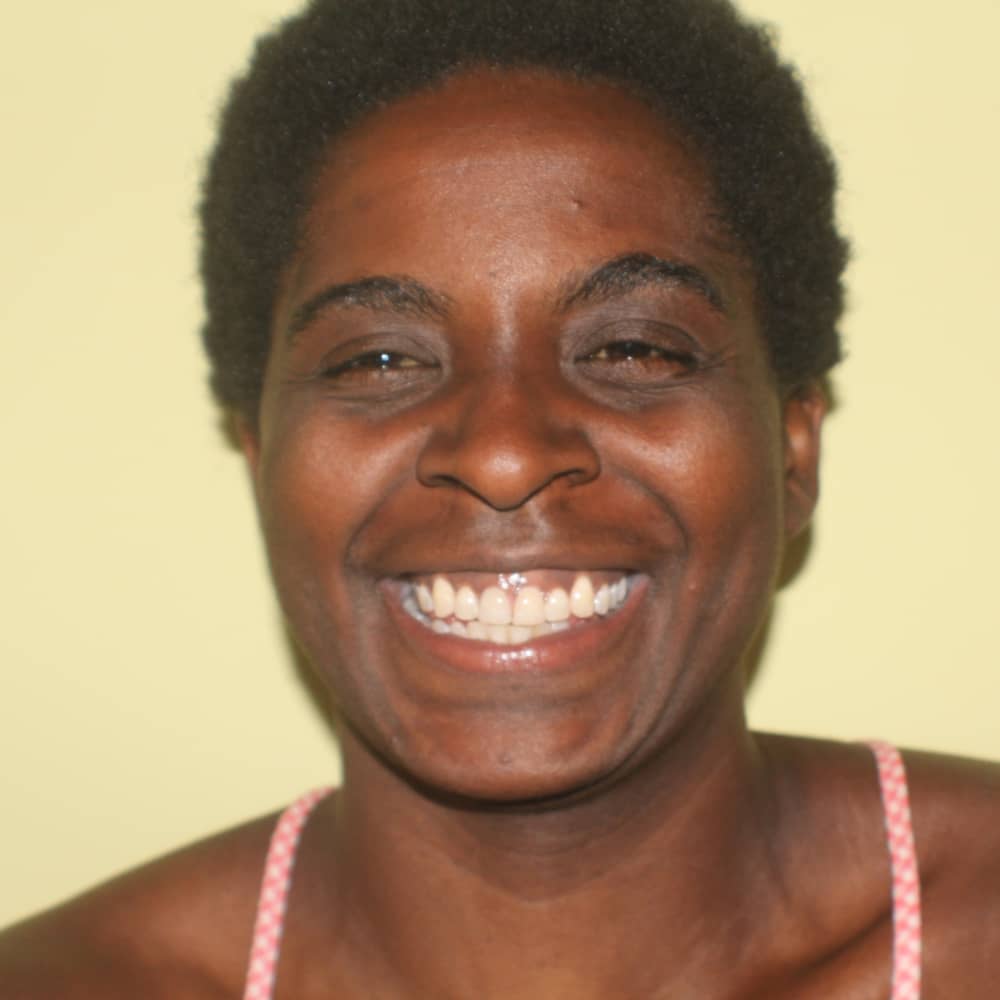Is There an HBCU in New York?
Writer
Editor & Writer
Reviewer & Writer
Writer
Editor & Writer
Reviewer & Writer
Historically Black colleges and universities (HBCUs) stand at the vanguard of providing Black and African American students with a rigorous education among a community of their peers. HBCUs were created to provide an education for Black people who were legally denied admission to white institutions after the end of slavery and during Reconstruction. HBCUs continue to produce many educated members of the Black middle class and a large percentage of professionals in various career fields.
HBCUs are primarily concentrated in the South, and there are no HBCUs in New York. It is a common misconception that CUNY Medgar Evers, located in Brooklyn, is an HBCU. However, CUNY Medgar Evers is classified as a predominantly Black institution (PBI). While not HBCUs, PBIs offer an experience similar to HBCUs in terms of a school's student population, educational opportunities, and cultural environment. Explore more about HBCUs and PBIs in this resource.
Predominantly Black Institutions in New York
PBIs were incorporated into the Higher Education Act in 2008. To qualify as a PBI, at least 40% of a postsecondary institution's student body must consist of African American students. It must also educate a large percentage of low-income or first-generation degree-seekers.
Learn about the educational opportunities offered by predominantly Black institutions in New York.
CUNY Medgar Evers College
Named after civil rights leader Medgar Evers, City University of New York (CUNY) Medgar Evers offers academic programs through four schools. You can pursue associate and bachelor's degrees in science, engineering, technology, and health education.
CUNY Medgar Evers also works to improve the educational outcomes of young Black men. Support services, such as peer-led group tutoring and peer mentorship, enhance the learning experience of first-year students.
The state of New York offers a program that specifically helps students considered to be economically disadvantaged and academically underprepared. The Search for Education, Elevation, and Knowledge (SEEK) program provides academic and financial support through peer counseling, free tutoring, financial stipends, and an extra year of financial aid. Students at CUNY Medgar Evers can qualify for this program.
CUNY Medgar Evers is also the only school in New York designated as a UNCF Institute for Capacity Building Partner.
CUNY York College
Located in Jamaica, CUNY York College offers 60 undergraduate majors and several graduate programs. Three schools administer programs in diverse fields: accounting and finance, occupational therapy, and teacher education. Students from about 80 countries attend this PBI in New York.
Additionally, initiatives like SEEK provide York College attendees with academic, financial, and counseling support. The school's first-year experience and mentoring program offers workshops to help first-year and transfer students assimilate to York College. All of this support helps underserved populations in New York thrive.
Metropolitan College of New York
You can attend Metropolitan College of New York on campuses in lower Manhattan or the Bronx, as well as online. Three MCNY schools deliver undergraduate and graduate programs in an accelerated format. Majors include business, project management, and information technology.
Experiential learning is at the core of MCNY's educational delivery model. This student-centered approach helps you apply classroom knowledge in real-world contexts. Flexible day, weekend, and online classes allow you to work full time while you pursue a degree.
Support services include peer mentoring and a first-year experience program, both of which are designed to promote academic success and personal growth.
Exploring Similar Experiences in New York
Attending a PBI or HBCU provides rigorous educational opportunities in a setting that supports the needs of African Americans and other historically marginalized students. Research from the National Science Foundation shows how HBCUs have proven extremely effective in graduating Black students, particularly in STEM.
But it is also possible to find these kinds of support systems at schools that aren't designated as PBIs or HBCUs. Explore a few options below.
LIU Brooklyn
Long Island University Brooklyn enrolls about 11,000 students from all walks of life. You can choose from various programs in the liberal arts and sciences. African American students comprise about 22% of the student population, and the school strives to provide an inclusive environment and sense of belonging for learners.
LIU Brooklyn oversees many student organizations, including those that support the needs of Black students. Among them are the African Pharmacy Student Association and the Black Student Union.
SUNY New Paltz
If you want to explore schools beyond the five boroughs, State University of New York (SUNY) New Paltz offers diversity on a suburban campus. About 6,500 students attend the college, with Black learners comprising about 6% of the school's enrollment. The student body is also socioeconomically diverse, with 37% qualifying for Federal Pell Grants.
Life on campus includes several Black student organizations that can help you build community — both socially and academically. The African Student Union, the Black Studies Student Organization, the National Society of Black Engineers, and Voices of Unity Gospel Choir are among the many choices. There are also four nationally recognized historically Black Greek-lettered organizations, as well as a department of Black studies.
HBCUs Near New York
Every year, the New York Urban League makes it easier for NYC students to gain access to HBCUs. The Annual Historically Black Colleges and Universities Fair features over 50 admissions representatives from HBCUs. These reps provide scholarship information and other college resources you may find useful.
If you're looking for HBCUs near New York, look no further than Pennsylvania. The state is home to Cheyney University of Pennsylvania and Lincoln University, where Black students represent 79% and 85% of the student body, respectively. Additionally, 72-73% of the student body at these schools receive Federal Pell Grant funding.
Resources for Black and African American Students
NAACP
The NAACP offers many resources, including youth and college programs for students. Degree-seekers can also apply for scholarships and awards administered by the NAACP. Internships and fellowships provide hands-on experience in the workplace, helping promote career readiness.
United Negro College Fund
UNCF has a long history of helping African Americans access higher education. The organization awards about $100 million in scholarships to about 10,000 students each year. UNCF also provides financial support to 37 HBCUs.
National Association of HBCU Students and Alumni
NAHSA provides HBCU students with a one-stop hub for community-building and professional development. Members can connect with HBCU peers and alums, receive professional training, gain access to scholarships, access mentorship, and explore employment opportunities.
Jackie Robinson Foundation
Named after the baseball legend, the foundation administers a scholarship and leadership development program for talented college students. The JRF Scholars program provides scholarship funding and comprehensive support through career guidance and internship opportunities.
EPP/MSI Undergraduate Scholarship Program
Undergraduates attending minority-serving institutions and majoring in STEM fields can apply for scholarships administered by the National Oceanic and Atmospheric Administration. In addition to funding, students can conduct NOAA research during paid summer internships.








